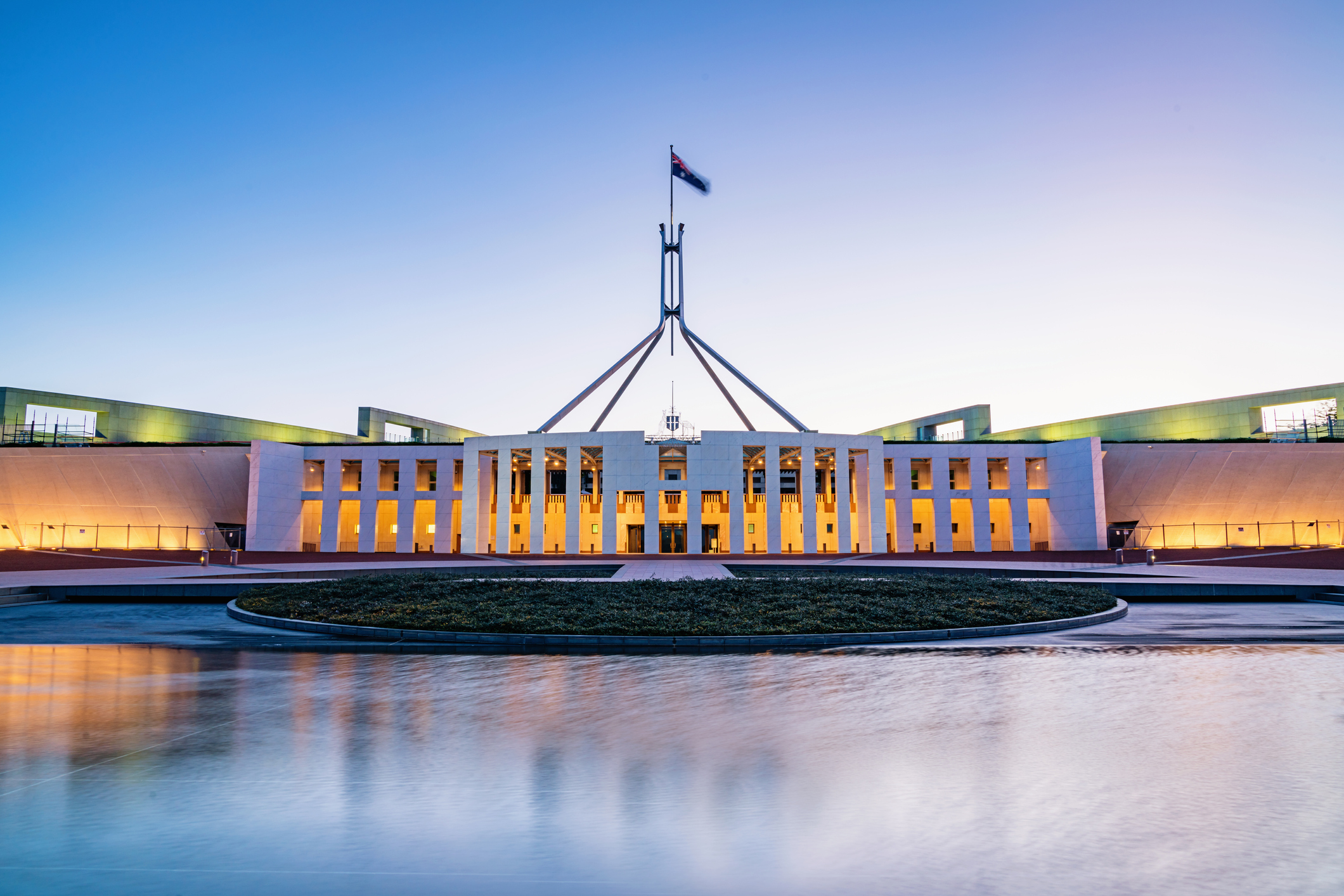
Lyn Formica
Head of Education & Content
With only 8 sitting days before the Federal Budget is due to be handed down on 29 March 2022 and an election to be called, there are a number of outstanding super measures to be dealt with.
Changes to contribution rules
In the last Federal Budget, the Government proposed a number of changes to the rules for super contributions. A Bill to give effect to these changes has been introduced to Parliament (Treasury Laws Amendment (Enhancing Superannuation Outcomes for Australians) Bill 2021) but not yet been passed by either House. This Bill covers:
- reducing the eligibility age for downsizer contributions from 65 to 60 for contributions made from 1 July 2022,
- requiring the work test to be satisfied before individuals age 67 to 75 can claim a tax deduction for contributions from 1 July 2022 (note once this Bill is passed, we understand changes would then be made to the Regulations to remove the work test for all other contributions from 1 July 2022 including non-concessional and salary sacrifice contributions),
- extending the non-concessional contribution bring forward “trigger age” to those turning 75 from 1 July 2022,
- increasing the amount which can be withdrawn under the First Home Super Saver Scheme from $30,000 to $50,000 for requests made from 1 July 2022, and
- removing the $450 per month threshold for super guarantee contributions periods from 1 July 2022.
Need to refresh yourself on the detail of these proposed changes? Have a read of Meg’s blog.
Legacy pensions
For those of us with clients with legacy pensions (eg lifetime, life expectancy or market linked pensions), one of the most pleasing announcements of 2021 was the Government’s proposal to allow a two year window for clients to exit these arrangements. Unfortunately we’ve not yet seen draft legislation on this measure and our hopes of a 1 July 2022 start date are diminishing.
We have however seen draft Regulations issued to fix the problem for those clients who have “stopped and restarted” some of these pensions and in doing so created a “permanent excess”. Meg’s latest blog cuts through the complexity for impacted clients.
SMSF residency rules
In the last Federal Budget, the Government also proposed relaxing the residency rules for SMSFs by:
- extending the central management and control safe harbour test from two years to five years, and
- removing the active member test altogether.
Draft legislation has not yet been released on these measures.
ECPI changes
The 2019/20 Federal Budget proposed making two changes to the rules for claiming exempt current pension income. The first of these changes was to remove the red tape requiring SMSFs with larger balance members to obtain an actuarial certificate even if the whole fund was paying retirement phase account-based or market linked pensions for the whole year. The change has now been legislated with effect for 2021/22.
The second of these changes would allow funds permitted to use the segregated method to instead use the proportionate or actuarial certificate method for 2021/22 and onwards even if there were periods of the year where the fund was, in fact, entirely in pension phase. A Bill has been introduced to Parliament (Treasury Laws Amendment (Enhancing Superannuation Outcomes for Australians) Bill 2021) but not yet been passed by either House.
Non-arm’s length income and expenditure
The ATO’s release of LCR 2021/2 in July last year prompted many in the industry to lobby the Government to review its position in relation to non-arm’s length income and expenditure including where:
- services were provided to super funds including non-SMSFs,
- members made in-specie contributions to super, or
- SMSFs utilised the safe harbour rules to restructure non-arm’s length limited recourse borrowing arrangements.
Unfortunately no further information has been released by the Government, Treasury or the ATO.
The Super Companion is an online resource that's regularly updated and will always reflect the latest rules, changes to legislation, case law or regulator views. You can be confident that the information is up to date and accurate. Learn more and subscribe here.
This article is for general information only. It does not constitute financial product advice and has been prepared without taking into account any individual’s personal objectives, situation or needs. It is not intended to be a complete summary of the issues and should not be relied upon without seeking advice specific to your circumstances.



